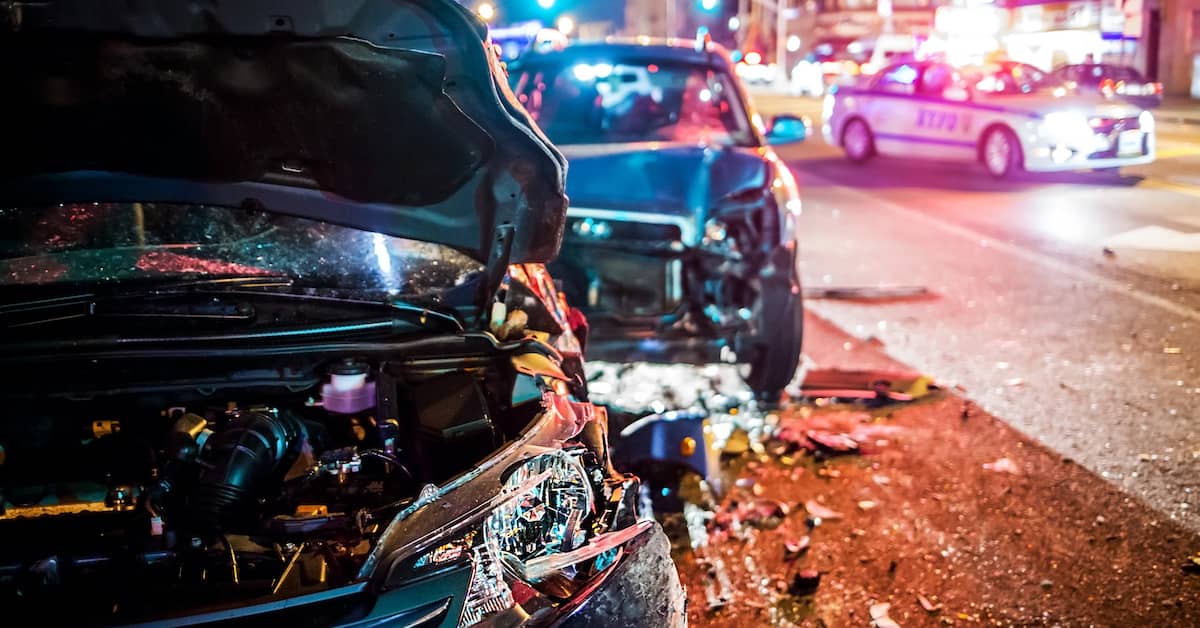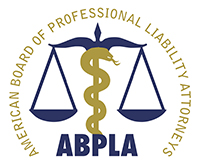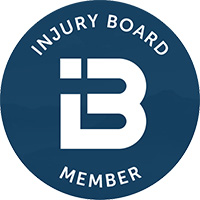
Common Types of Brain Injuries From Car Accidents
Studies have found that around 600 people are hospitalized for brain injuries every day. Tragically, nearly 200 people die from TBI-related complications every day as well. Car accidents are a leading cause of brain injury in the United States.
While TBI can be classified as “mild,” “moderate,” or “severe,” all traumatic brain injuries have the potential to cause lasting damage and permanent interruptions to your life. To avoid long-term consequences, a prompt diagnosis and timely treatment are absolutely essential. When your injury is sustained in a car accident you did not cause, these expenses should not be your burden to bear.
Our Providence Brain Injury Lawyers Are Here to Help
The brain injury attorneys at Mandell, Boisclair & Mandell have extensive experience helping car accident victims obtain justice. If you have been diagnosed with a traumatic brain injury after a car accident in Providence or the surrounding areas of Rhode Island, you may be entitled to significant financial compensation. Call us at 401-273-8330 to schedule a FREE and confidential consultation and learn more.
Seven Types of Traumatic Brain Injury From Car Accidents
Traumatic brain injuries generally fall into two classifications:
- Penetrating: Also known as “open head injuries,” these occur when an object breaks through the skull and directly harms brain tissue.
- Non-Penetrating: Also known as “closed head injuries,” these occur when damage happens internally. An external object does not penetrate the skull with these injuries.
Within these classifications, medical professionals further categorize TBIs by severity—mild, moderate, or severe—based on factors like loss of consciousness, the Glasgow Coma Scale score, and the presence of lasting physical, cognitive, and emotional symptoms.
In addition to these overarching classifications and severity levels, there are specific types of brain injuries that car accident victims more commonly face. These include:
Concussions
Concussions are among the most common types of traumatic brain injuries sustained in car accidents. They can result from direct blows to the head (including impacts with airbags) or the brain bouncing against the inside of the skull due to the forces involved in a collision. While concussions are sometimes referred to as “mild” TBIs, new research has highlighted the potential for long-term effects, even when symptoms seem to resolve initially.
Drivers and passengers who suffer concussions need to prioritize their recovery. This can include rest, medical monitoring, and ensuring they have adequate resources to cover expenses such as diagnostic imaging, rehabilitation, and any necessary follow-up care. Failing to address a concussion properly can put victims at much greater risk for complications down the road.
Contusions
A contusion is a bruise on the brain. As the Merck Manual explains, brain contusions “involve structural brain damage,” which can range from relatively mild to severe. They often occur in car accidents when the brain strikes the inside of the skull during sudden acceleration or deceleration.
If a contusion is suspected, physicians typically order diagnostic tests, such as a CT scan, to assess the location and severity of the injury. Depending on the size and progression of the contusion, treatment may include everything from rest and observation to surgical intervention. Timely diagnosis is essential for minimizing complications and promoting recovery.
Coup-Countrecoup Injuries
Coup-contrecoup injuries involve contusions on opposite sides of the brain. These injuries occur when the head experiences a rapid change in momentum—often in severe rear-end, head-on, or side-impact collisions. The first contusion (coup) occurs at the initial point of impact. Then, as the brain bounces back, a second contusion (contrecoup) forms on the opposite side.
Because coup-contrecoup injuries can affect multiple areas of the brain, they can produce a wide range of symptoms. Accurate imaging and prompt treatment are essential for addressing potential complications, such as swelling or bleeding, and helping victims recover as much function as possible.
Diffuse Axonal Injuries (DAI)
Diffuse axonal injuries typically result from rotational or violent back-and-forth forces acting on the brain during a collision. In these high-impact scenarios, the delicate axons—thin connections that transmit signals between brain cells—can tear or shear, causing widespread brain damage.
DAI can be life-altering and is often life-threatening, with an estimated 25% of victims suffering fatal injuries. While mild cases of DAI may allow for partial recovery over time, severe instances can lead to long-term cognitive, physical, and emotional impairments. Early intervention and comprehensive rehabilitation can play a pivotal role in improving outcomes for car accident victims with DAI.
Hematomas
A hematoma is a blood clot that can form inside the brain, outside the brain, or between the brain and the dura mater—the innermost protective layer inside the skull. Depending on its location, a hematoma may be classified as:
- Intracerebral: Within the brain tissue
- Epidural: Outside the brain, between the skull and dura mater
- Subdural: Beneath the dura mater, between the brain and its outer covering
All types of hematomas carry serious risks. Surgical removal or other urgent medical intervention may be necessary to relieve pressure and prevent potentially life-threatening complications. Early detection and targeted treatment are needed to minimize long-term or fatal outcomes.
Hemorrhages
Hemorrhages are a form of TBI that involves bleeding in or around the brain. Like hematomas, hemorrhages are potentially serious injuries for which surgical intervention will often be necessary.
The four primary types of intracranial hemorrhages are:
- Epidural: Bleeding between the inside of the skull and the dura mater
- Subdural: Bleeding between the dura mater and the arachnoid membrane
- Subarachnoid: Bleeding in the area surrounding the brain inside the arachnoid membrane
- Intraparenchymal: Bleeding inside the brain
Early detection and appropriate treatment can help minimize long-term damage or life-threatening risks. Given the seriousness of brain hemorrhages, immediate imaging and evaluation are essential for determining the extent of bleeding and guiding the next steps in care.
Anoxic/Hypoxic Brain Injuries
Anoxic and hypoxic brain injuries occur when the brain is partially or completely deprived of oxygen, leading to significant damage at the cellular level. Although not always as apparent as penetrating TBIs, these oxygen-deprivation injuries can be equally life-threatening and may result in chronic neurological complications if not treated promptly.
Common causes of anoxic and hypoxic injuries include:
- Prolonged unconsciousness or difficulty breathing following severe impact
- Blocked airways due to debris or physical trauma
- Chest or lung injuries that reduce oxygen intake
- Cardiac events triggered by the collision that limit blood flow to the brain
In many cases of anoxic and hypoxic brain injuries, early intervention to stabilize breathing and restore adequate oxygen flow is essential for reducing the risk of permanent damage.
Do I Need a Brain Injury Lawyer?
When you sustain a brain injury in a car accident—no matter its type—it is a good idea to have a lawyer review your case to help you determine how best to move forward. Insurance companies often try to minimize payouts, sometimes even offering swift settlements to make them more enticing. However, once you have accepted an offer from insurance, you may be unable to pursue additional compensation through legal action. Before you accept an insurance settlement, talk to a brain injury attorney to understand your options and your rights.
At Mandell, Boisclair & Mandell, our Providence brain injury lawyers bring nearly five decades of experience to each case. Attentive and thorough, we take time to understand how brain injuries impact the life and livelihood of each individual and build cases that represent and protect the best interests of victims.
Experienced and award-winning, our attorneys are prepared to take cases as far as needed to fight for fair and full compensation—a characteristic that has allowed us to secure a number of significant settlements and verdicts on behalf of our clients. If you or someone you love has suffered brain damage in a car accident, we strongly encourage you to speak with one of the traumatic brain injury lawyers at Mandell, Boisclair & Mandell right away.
Talk to a Providence Brain Injury Lawyer for FREE
To schedule your FREE, no-obligation consultation, call 401-273-8330 or contact us online today. Located in Providence, Mandell, Boisclair & Mandell welcomes clients from all nearby areas of Rhode Island and Massachusetts.





























